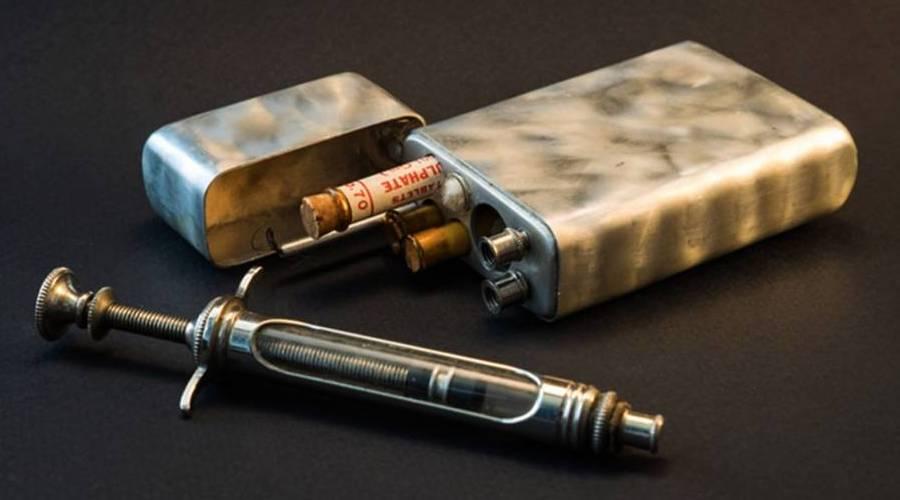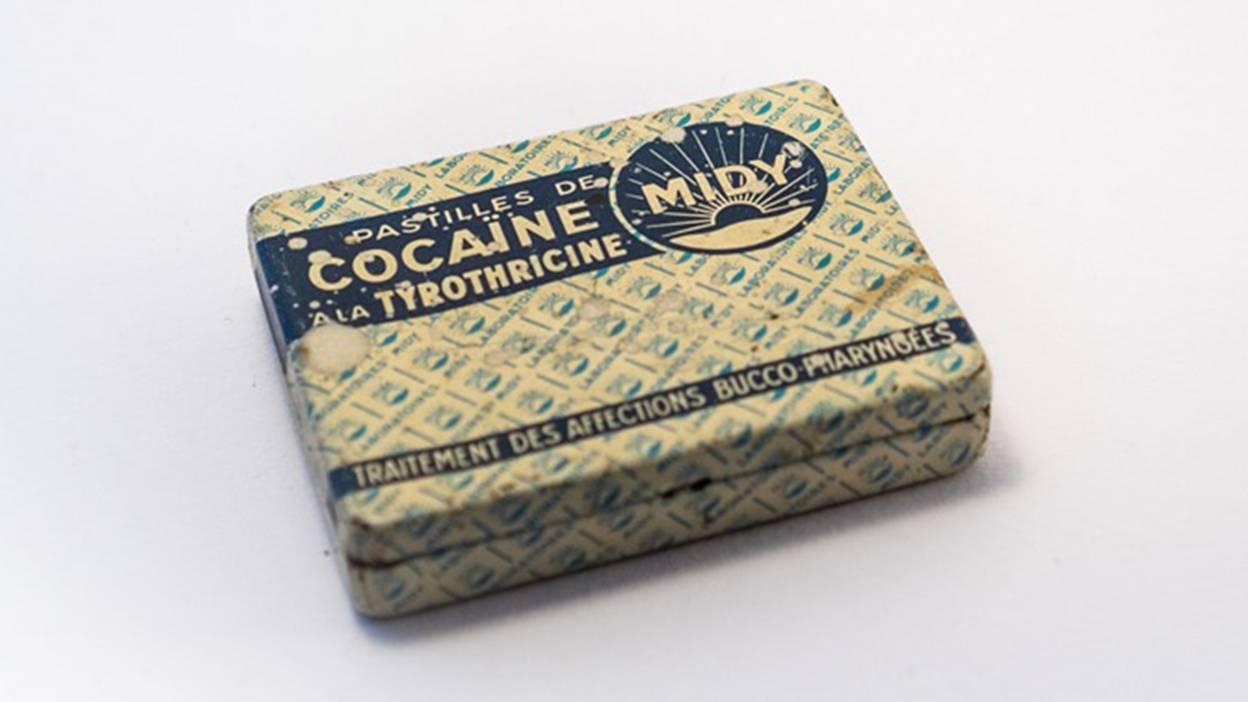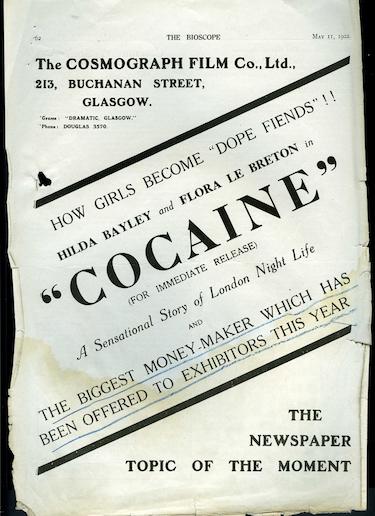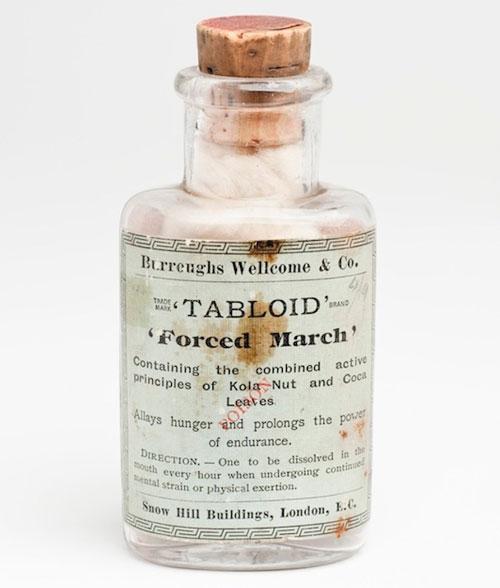Cocaine use in the First World War
In Murder at Merewood Hospital, Sister Helen Hopgood has seen
enough drug users to know when one of her patients is taking cocaine. The story is set in a military hospital just after the First World
War when cocaine has gone from being a commonly used drug to a banned
substance.
At the start of the war, the army gave soldiers a
gelatine-coated pill called Forced March that contained cocaine and cola nut
extract. While it was supposed to improve endurance, soldiers took it to
enhance their mood rather than their physical ability.

At this time, cocaine was not a controlled substance and was
readily available to buy. In 1916, Harrods in London sold a kit that included cocaine,
morphine, syringes and needles and was marketed as a present to send to
soldiers on the frontline.

Cocaine Pastilles
However, moral outrage was growing at the widespread use of
psychoactive drugs like cocaine and opiates. In 1916, the army council introduced
a Defence of the Realm Act to prevent the sale of cocaine, morphine and opium
to the British Armed Forces.
Even after the army tried to prohibit the sale of cocaine and
opiates to servicemen, they were still readily available – just more care was
taken by those who traded in them.
Later, the 1920 Dangerous Drugs Act criminalised civilian
possession of these drugs unless there was a medical need. The Act ruled that medical practitioners were allowed to prescribe morphine, cocaine and heroin.

Cocaine film poster
In 1922, a British crime film called Cocaine depicted
the distribution of cocaine by gangsters through
London nightclubs. The plot sees a man seeking revenge following his
daughter's death.
The film's portrayal of drug use made it highly controversial as it was feared it would encourage the trade in banned substances. However, censors approved its release because it highlighted the danger of drugs, and it was shown in cinemas
in June 1922 under the alternative title While London Sleeps.
Cocaine was popular with bright young things throughout the 1920s
and 30s. Cole Porter originally wrote, 'Some get a kick from cocaine’
in his song I Get a Kick Out of You from the musical Anything Goes. The line was later changed to ‘Some like the perfume in Spain’.
And actress Tallulah Bankhead famously joked, ‘Cocaine
habit-forming? Of course not. I ought to know. I've been using it for years.’

